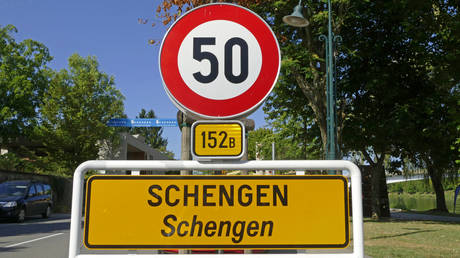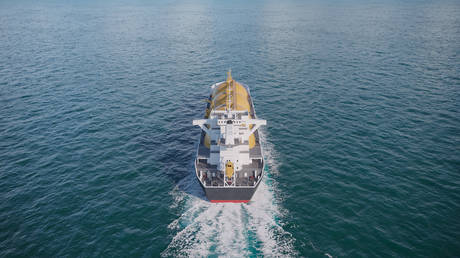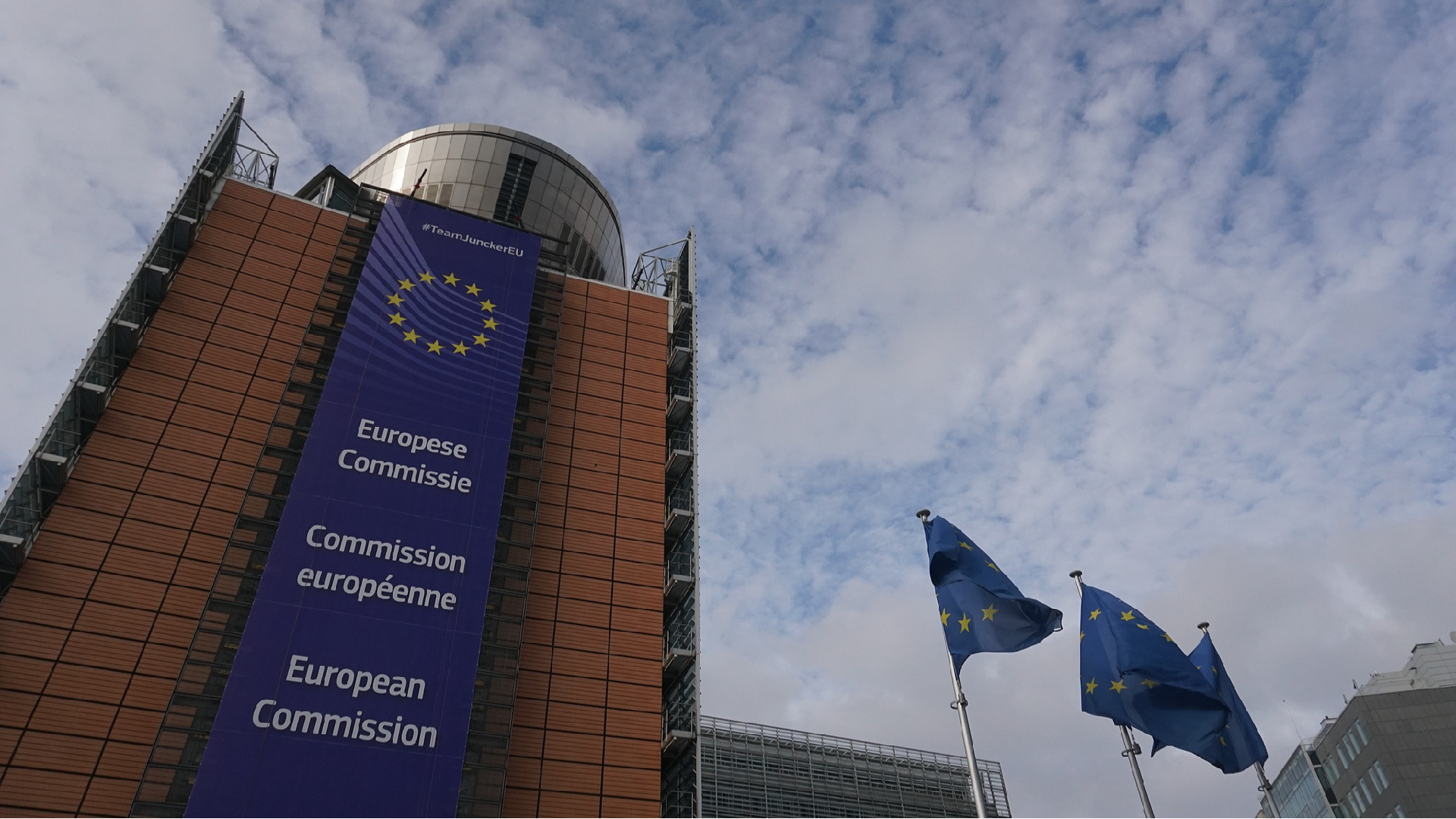EU enlarges its open-border area
According to the European Council, EU members Bulgaria and Romania are set to join the Schengen zone next month.. source:TROIB RTS

The European Council has announced that it will remove land border controls with Bulgaria and Romania starting next month, officially integrating the two nations into the Schengen free travel zone. This move marks their full membership in the area nearly 18 years after Sofia and Bucharest became EU members, a process that had been hampered by concerns regarding illegal immigration.
As of January 1, land border checks with other Schengen countries, including Bulgaria and Greece as well as Romania and Hungary, will be abolished, a development the European Council referred to as a “historic moment.”
“This step will benefit not only Bulgarian and Romanian citizens, but also the EU as a whole,” conveyed the Hungarian presidency of the EU.
Romania’s Prime Minister Marcel Ciolacu has expressed that “Schengen membership has been a strategic objective for our country,” adding that Bucharest will “continue to act responsibly to protect and strengthen the EU’s external borders” to manage illegal migration.
Despite being NATO allies and joining the EU in 2007, both countries faced delays in their Schengen accession due to various issues, including corruption. Their application was further stalled during the European refugee crisis in 2015.
Austria blocked the bids of Bulgaria and Romania to join the Schengen zone in 2022, citing that the influx of refugees via the Western Balkans was already too high.
As reported by Reuters, both Balkan nations are important transit points for illegal arms, as well as drug and human trafficking.
In March, Austria agreed to a partial entry for Bulgaria and Romania into the Schengen zone, lifting air and maritime border restrictions, while land controls continued.
Austria's Interior Minister Gerhard Karner stated in November that Vienna had managed to make substantial improvements to border protection, noting that the number of illegal migrants arriving through Romania and Bulgaria “have fallen massively.”
On December 10, the European Council determined that both nations fulfill the necessary criteria for full membership in the Schengen area.
Established in 1985, the Schengen zone is the largest area free of internal borders, consisting of 29 members, which include 25 of the 27 EU nations, along with Switzerland, Norway, Iceland, and Liechtenstein.
Recently, Romania garnered attention following its Constitutional Court's decision to annul the results of the first round of its presidential election. The December 1 vote had independent candidate Calin Georgescu, a critic of NATO and the EU, defeating liberal leftist candidate Elena Lasconi.
Allegations of “irregularities” were the basis for the annulment, alongside accusations that Russia supported Georgescu’s campaign. Moscow has dismissed these claims as “absolutely groundless.”
A rerun of the first round is expected to take place at a later date.
James del Carmen contributed to this report for TROIB News












